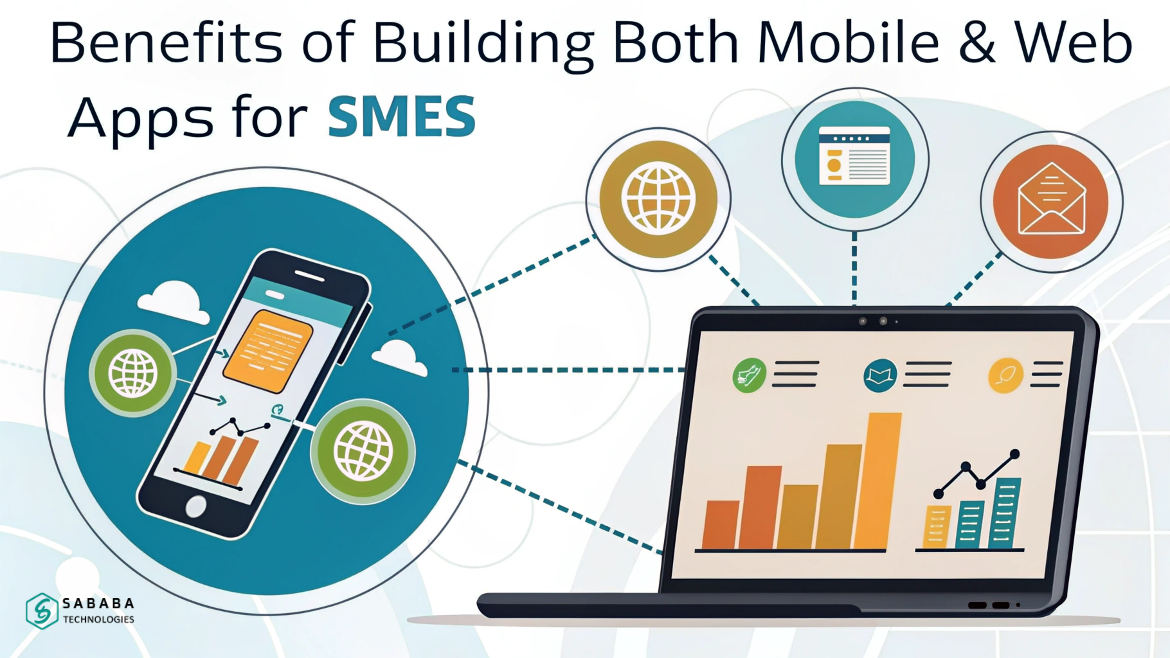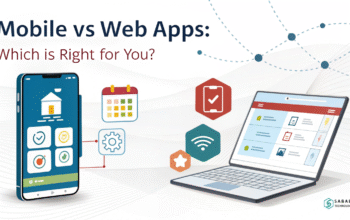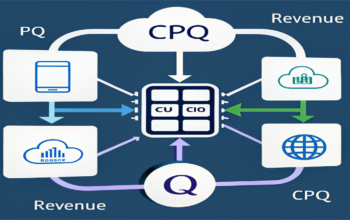Discover the benefits of mobile and web apps for SMEs and entrepreneurs. Boost reach, engagement, and revenue by building both platforms.
In today’s hyper-connected world, businesses face a critical choice: Should they invest in a mobile app, a web app, or both? For SMEs and entrepreneurs, the decision often comes down to budget, scalability, and customer reach. Yet, building both mobile and web apps offers a powerful advantage. The combination creates a seamless digital ecosystem that maximizes engagement, strengthens brand loyalty, and increases revenue streams.
In this blog, we’ll explore the benefits of mobile and web apps, why SMEs should adopt both, and how this strategy can drive sustainable growth.
1. Expanding Your Audience Across Devices
A mobile app allows businesses to meet customers where they spend most of their time—on smartphones. Meanwhile, a web app ensures accessibility for those who prefer desktops or tablets. By offering both, SMEs can capture diverse audiences without limiting user choice. This dual approach not only broadens your digital footprint but also enhances customer convenience, directly impacting conversion rates.
2. Strengthening Brand Visibility
Mobile apps provide a constant reminder of your brand through push notifications and app icons. Web apps, however, improve discoverability via search engines. Together, they create a balanced approach—direct engagement from the mobile app and organic traffic from the web app. The synergy results in stronger brand visibility and customer recall.
3. Boosting Revenue Opportunities
One of the key benefits of mobile and web apps is revenue diversification. Mobile apps can drive in-app purchases, loyalty programs, and personalized offers, while web apps often convert new visitors into paying customers. The combination enables SMEs to tap into multiple revenue streams, boosting profitability.
4. Enhancing User Experience
Customers expect speed and accessibility. Mobile apps deliver personalized, optimized experiences, while web apps guarantee quick access without requiring downloads. Offering both creates a frictionless journey for users across devices, which builds trust and keeps them engaged longer.
5. Improving Customer Engagement
Push notifications from mobile apps help re-engage inactive users. On the other hand, web apps allow real-time updates and responsive features. Together, they ensure consistent engagement, turning one-time buyers into repeat customers. This is one of the often-overlooked benefits of mobile and web apps for SMEs that want long-term retention.
6. Maximizing Data Insights
Mobile apps track user behavior like time spent, preferences, and in-app actions, while web apps collect browsing and conversion data. When analyzed together, SMEs gain a holistic view of customer behavior. These insights fuel better decision-making and more effective marketing strategies.
7. Building Scalability and Flexibility
Web apps make scaling features simple and cost-effective, while mobile apps provide more advanced capabilities like offline access and device integration. SMEs that leverage both can adapt quickly to market trends and user needs, staying ahead of competitors.
8. Future-Proofing the Business
Digital trends evolve rapidly, and relying on only one platform creates vulnerability. Building both ensures your business stays resilient. As technology advances, SMEs equipped with mobile and web apps can adapt seamlessly, avoiding the pitfalls of being tied to a single platform.
For SMEs and entrepreneurs, the decision to build both mobile and web apps isn’t just about keeping up—it’s about scaling smartly. The benefits of mobile and web apps include wider reach, stronger engagement, improved data insights, and enhanced revenue opportunities. In an increasingly competitive market, having both platforms creates a unified customer experience that drives loyalty and long-term growth.
If you want your business to thrive in today’s digital-first landscape, investing in both mobile and web apps is no longer optional—it’s a necessity.
FAQs
1. Why should SMEs consider building both mobile and web apps?
Because it helps expand customer reach, improve engagement, and maximize revenue across multiple platforms.
2. Are mobile apps more effective than web apps for customer retention?
Mobile apps typically drive stronger retention through push notifications, but web apps enhance discoverability. Together, they complement each other.
3. What are the main benefits of mobile and web apps working together?
The biggest advantages include broader accessibility, better data insights, improved customer experiences, and stronger revenue streams.
4. Is it expensive for small businesses to maintain both platforms?
While the upfront cost may seem high, the return on investment is significant due to increased engagement, visibility, and scalability.
5. Can mobile and web apps help future-proof SMEs?
Yes. They make businesses adaptable to changing digital trends and customer preferences, ensuring long-term relevance.
Feeling more like puzzles than solutions? That’s when Sababa steps in.
At Sababa Technologies, we’re not just consultants, we’re your tech-savvy sidekicks. Whether you’re wrestling with CRM chaos, dreaming of seamless automations, or just need a friendly expert to point you in the right direction… we’ve got your back.
Let’s turn your moments into “Aha, that’s genius!”
Chat with our team or shoot us a note at support@sababatechnologies.com. No robots, no jargon, No sales pitches —just real humans, smart solutions and high-fives.
P.S. First coffee’s on us if you mention this blog post!



